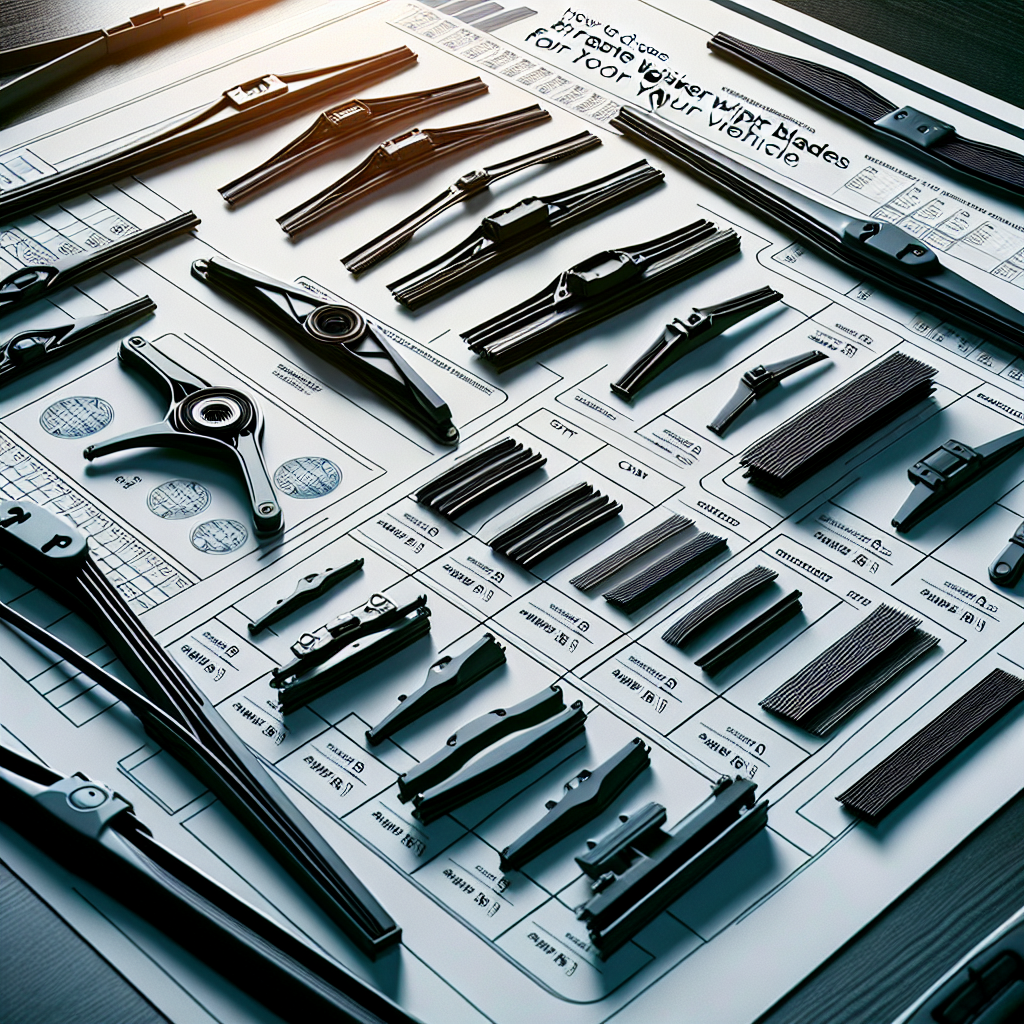Maintaining your vehicle’s health is not only essential for reliable performance but also for safety and efficiency. Regular maintenance and awareness of potential issues can save you significant time and money in the long run. Below are detailed insights into general vehicle maintenance and awareness that every car owner should be familiar with.
First and foremost, regular oil changes are crucial. Engine oil lubricates the moving parts of your engine, and over time, it can become contaminated with dirt and debris. This can cause wear and tear, leading to serious engine issues. Generally, it is recommended to change your engine oil every 3,000 to 5,000 miles, depending on your vehicle’s make and model. Consult your owner’s manual for the manufacturer’s recommendations.
Next, let’s talk about tire maintenance. Keeping your tires properly inflated can improve gas mileage and reduce wear and tear. Under-inflated tires can lead to poor handling and even tire blowouts. It’s also important to rotate your tires every 6,000 to 8,000 miles. This ensures even wear and extends the lifespan of your tires. Additionally, check your tire tread regularly and replace tires that are worn out. You can use a simple penny test: insert a penny into the tire tread groove with Lincoln’s head down; if you can see all of Lincoln’s head, it’s time to replace the tire.
Brakes are another critical component that needs regular attention. Listen for any squealing or grinding noises, as these can be indicators of worn brake pads. Additionally, if you notice your vehicle pulling to one side when braking, it’s a sign that you should have your brakes inspected. Regularly checking the brake fluid and ensuring it’s at the proper level is also essential.
One area that often gets overlooked is the cooling system. Your car’s engine produces a lot of heat, and the cooling system helps keep the temperature under control. Make sure to check the coolant level regularly and top it off if necessary. It’s also a good practice to have the cooling system flushed according to your vehicle manufacturer’s guidelines.
Next is the importance of maintaining your vehicle’s battery. Car batteries typically last between three to five years, but extreme weather conditions can affect their lifespan. Keep an eye out for indicators like slow engine crank, low battery fluid level, or the check engine light. Cleaning the battery terminals and ensuring they are free from corrosion can also help in extending its life.
Pay attention to your vehicle’s belts and hoses as well. Worn or cracked belts and hoses can lead to multiple engine problems and even failures. Inspect them for any signs of wear and replace them as needed. Generally, it’s a good idea to have your belts and hoses checked during every oil change.
Let’s not forget about the lights and signals. Regularly check that all your lights, including headlights, taillights, brake lights, and turn signals, are functioning correctly. This is crucial for your safety as well as the safety of others on the road. Replace any burned-out bulbs promptly.
Another critical aspect of vehicle maintenance is the exhaust system. A malfunctioning exhaust system can significantly affect your engine’s performance and fuel efficiency. If you hear any unusual noises coming from the exhaust, have it inspected by a professional. Regularly checking for leaks and ensuring the exhaust system is in good condition can also contribute to better fuel efficiency and reduced emissions.
Taking care of your windshield wipers is essential for clear visibility during adverse weather conditions. Replace your windshield wipers at least once a year or whenever you notice they are not performing adequately. Make sure the windshield washer fluid is topped up and that the spray nozzles are not clogged.
By keeping up with these general maintenance tips, you can ensure your vehicle remains in optimal condition. Regular check-ups and awareness of potential issues can save you from unexpected breakdowns and expensive repairs. For more comprehensive guidelines, you can refer to the Automotive Maintenance and Repair Association which provides detailed checklists and resources.
In conclusion, a well-maintained vehicle is a reliable and efficient one. By staying aware and proactive about your vehicle’s maintenance, you can enjoy a smoother, safer driving experience.


